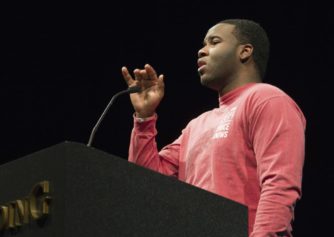Norman Girvan, Irwin LaRocque and Sir Dennis Byron, three prominent Caribbean personalities, have all been in the news in the past couple of weeks, signaling another upsurge of interest in the health of the regional integration process.
Two weeks ago, Girvan, professorial research fellow at the University of the West Indies Graduate Institute of International Relations , said that the Caricom Single Market and Economy (CSME) should be “reinvented,” principally through a change of sectoral focus and the mobilization of civil society, presumably to make the integration process more people-driven and less dependent on the whims of officialdom.
On October 3, Caricom Secretary-General LaRocque, in a lecture at the University of the West Indies in Trinidad on the status of regional integration and his vision for the future of Caricom, highlighted the organization’s successes over the past 40 years, mainly in the so-called functional cooperation areas of health, education and youth development.
Acknowledging that the current situation cried out for change, LaRocque announced that a change facilitation team had begun a three-year program, involving consultations in member states, to assist with this transformation and the preparation of a five-year strategic plan.
The plan is expected to encompass the restructuring of the Caricom secretariat and a review of Caricom’s governance architecture, purportedly to address the need for more timely and efficient delivery of results and “restore growth to our economies.”
LaRocque also said that this “reform process is central to the future of the integration movement” and noted that the call for participatory governance during the consultations was a clear sign that the top-down form of integration was no longer acceptable to the people of the Caribbean community. In this respect, he referred to St Lucia Prime Minister Kenny Anthony’s call for a “big conversation” across the region and declared that it had already begun.
All well and good, except that the process to prepare a five-year plan appears to be programmed for all of three years. Moreover, in choosing to accentuate the positive, LaRocque omitted to elaborate on how Caricom leaders intend to deal effectively with the daunting economic challenges facing the region, including stepping up the pace of integration, beyond picking the low-hanging fruit in health and education.
Read the entire Article here


